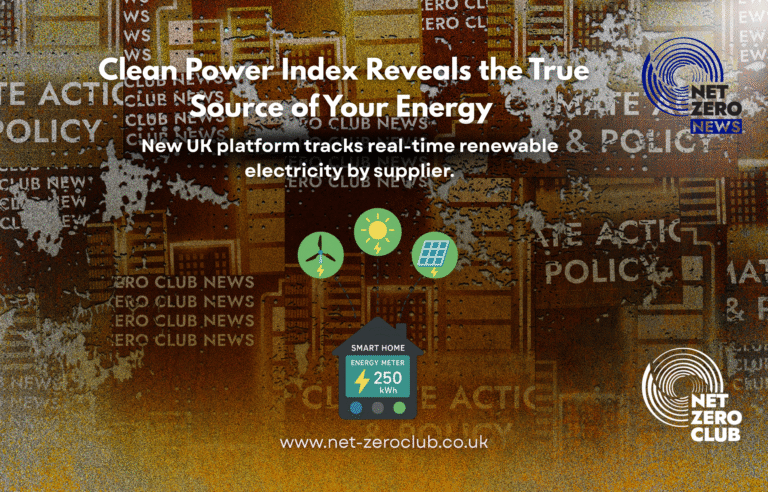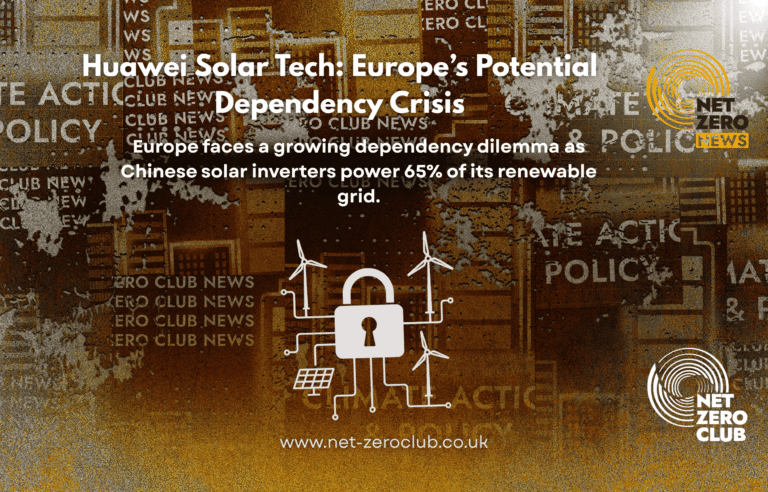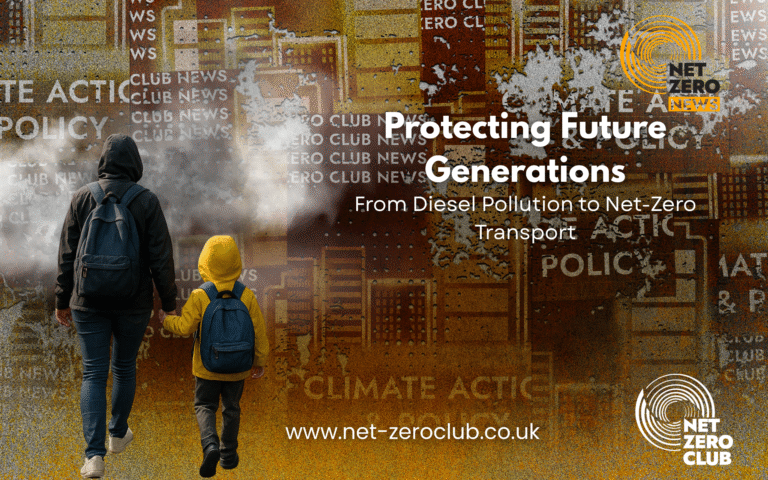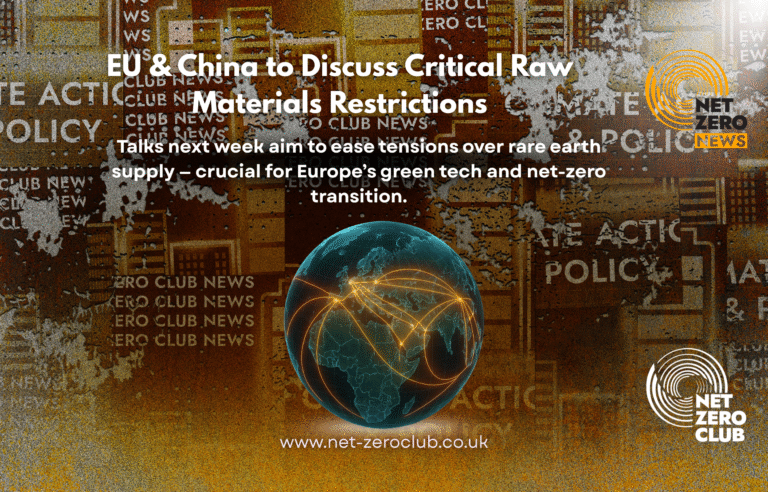Test Driving Through Brazil: Trump’s Ultimate Nightmare

Welcome, Net Zero News readers,
In a world increasingly marked by climate change and environmental challenges, the juxtaposition of political narratives and ecological realities has never been more pronounced. Recent events in Brazil have become a focal point in this dialogue, especially as they relate to current global leadership dynamics and environmental policies. This piece explores a test drive through Brazil, highlighting the environmental and political implications that could be described as Donald Trump’s worst nightmare.
The Amazon rainforest, often referred to as the “lungs of the Earth,” is undergoing drastic changes. Under the leadership of former President Jair Bolsonaro, deforestation rates surged, with vast swathes of this vital ecosystem being cleared for agriculture, mining, and infrastructure development. As Bolsonaro’s presidency came to an end, the world watched closely as Brazil pivoted towards a new administration under President Luiz Inácio Lula da Silva, who campaigned on a platform of environmental protection and sustainable development.
This shift in leadership marks not only a change in political direction but also a fundamental shift in Brazil’s approach to its rich natural resources. Lula’s administration has vowed to combat deforestation, strengthen environmental laws, and reinstate protections for Indigenous lands. However, achieving these ambitious goals requires navigating a complex landscape of economic interests, social justice issues, and international scrutiny.
As we embark on our metaphorical test drive through Brazil, it is crucial to consider the broader implications of these changes. The Amazon rainforest is not just a national treasure; it is a global asset that plays a critical role in regulating the Earth’s climate. The ongoing battle against deforestation is pivotal not only for Brazil but for the entire planet as we strive towards net-zero emissions and a sustainable future.
One of the most alarming aspects of the Bolsonaro era was the rampant deforestation that occurred under his watch. The Brazilian National Institute for Space Research (INPE) reported that deforestation in the Amazon reached its highest levels in over a decade, with nearly 10,000 square kilometres of forest lost in just one year. This destruction has severe consequences for biodiversity, Indigenous communities, and global climate patterns.
Lula’s return to power has rekindled hopes for the Amazon. During his first term as president from 2003 to 2010, he implemented policies that led to a significant reduction in deforestation rates. Lula’s government enforced stricter environmental regulations, increased funding for conservation initiatives, and bolstered the rights of Indigenous peoples. These measures not only protected vast areas of the rainforest but also fostered a new economic paradigm that valued sustainability over short-term profit.
However, the challenges facing Lula are formidable. The agricultural sector, which has a powerful influence in Brazilian politics, continues to push for policies that prioritise expansion and development over conservation. The agribusiness lobby is one of the most formidable forces in Brazil, advocating for the clearing of forest lands to increase agricultural production. Balancing these competing interests will be crucial for Lula as he attempts to realise his vision for a sustainable Brazil.
International pressure is also mounting. The world is watching closely as Brazil navigates this critical juncture. Countries, corporations, and environmental organisations are increasingly vocal about their expectations for Brazil’s environmental policies. The 2021 UN Climate Change Conference (COP26) saw Brazil under the spotlight, with Lula’s administration being urged to commit to ambitious climate targets and to restore its role as a leader in global environmental stewardship.
As the global community pushes for net-zero emissions by mid-century, the Amazon’s role in carbon sequestration becomes even more critical. Healthy forests are essential for capturing and storing carbon dioxide, a major greenhouse gas contributing to climate change. The destruction of the Amazon not only releases stored carbon back into the atmosphere but also diminishes the planet’s capacity to absorb future emissions. Therefore, Lula’s commitment to reversing deforestation is not just a national issue but a global imperative.
In the wake of Bolsonaro’s policies, many Indigenous communities have faced increased threats to their land and way of life. These communities are often the first line of defence against deforestation, possessing invaluable knowledge of sustainable land management practices. Lula’s administration has promised to uphold Indigenous rights and to involve these communities in decision-making processes regarding land use. This approach could serve as a model for sustainable development that respects both the environment and the rights of Indigenous peoples.
The road ahead is fraught with challenges, but the potential for a renewed commitment to environmental protection in Brazil is palpable. Lula’s government is already taking steps to reinstate protections for the Amazon and restore the credibility of Brazil on the international stage. This renewed focus on sustainability presents opportunities for innovative solutions to emerge, including reforestation projects, eco-tourism, and sustainable agriculture practices that can benefit both the economy and the environment.
However, the urgency of the situation cannot be overstated. The effects of climate change are already being felt in Brazil, with increased occurrences of extreme weather events, droughts, and floods. These phenomena not only threaten the environment but also the livelihoods of millions of Brazilians. The time for action is now, and Lula’s administration must act decisively to implement policies that prioritise ecological health and social equity.
As we navigate this complex landscape, it is vital for the global community to engage with Brazil and support its efforts to combat climate change. This includes providing financial resources for conservation initiatives, facilitating technology transfer to promote sustainable practices, and encouraging responsible investment in the Brazilian economy. The fate of the Amazon is intertwined with the fate of our planet, and we must act collectively to ensure its protection.
In conclusion, the test drive through Brazil reveals a landscape of both hope and challenge. The transition from Bolsonaro to Lula marks a significant turning point in the nation’s environmental trajectory. As Lula’s administration embarks on the journey towards a sustainable future, the world watches with bated breath, hopeful that Brazil will reclaim its role as a leader in global environmental stewardship. Together, we can support this vital mission and work towards a future where the Amazon—and our planet—can thrive once more.
As champions of net zero, it is our responsibility to advocate for policies that protect our environment and support sustainable development worldwide. The fight for the Amazon is a fight for the future of our planet. Let us rally together to ensure that Brazil’s new chapter is one of hope, resilience, and a commitment to protecting our shared home.
For more updates on Brazil’s environmental policies and their implications for global sustainability, stay connected with Net Zero News. Together, we can make a difference.

 Got net-zero news, project updates, or product launches to share?
Got net-zero news, project updates, or product launches to share? 




